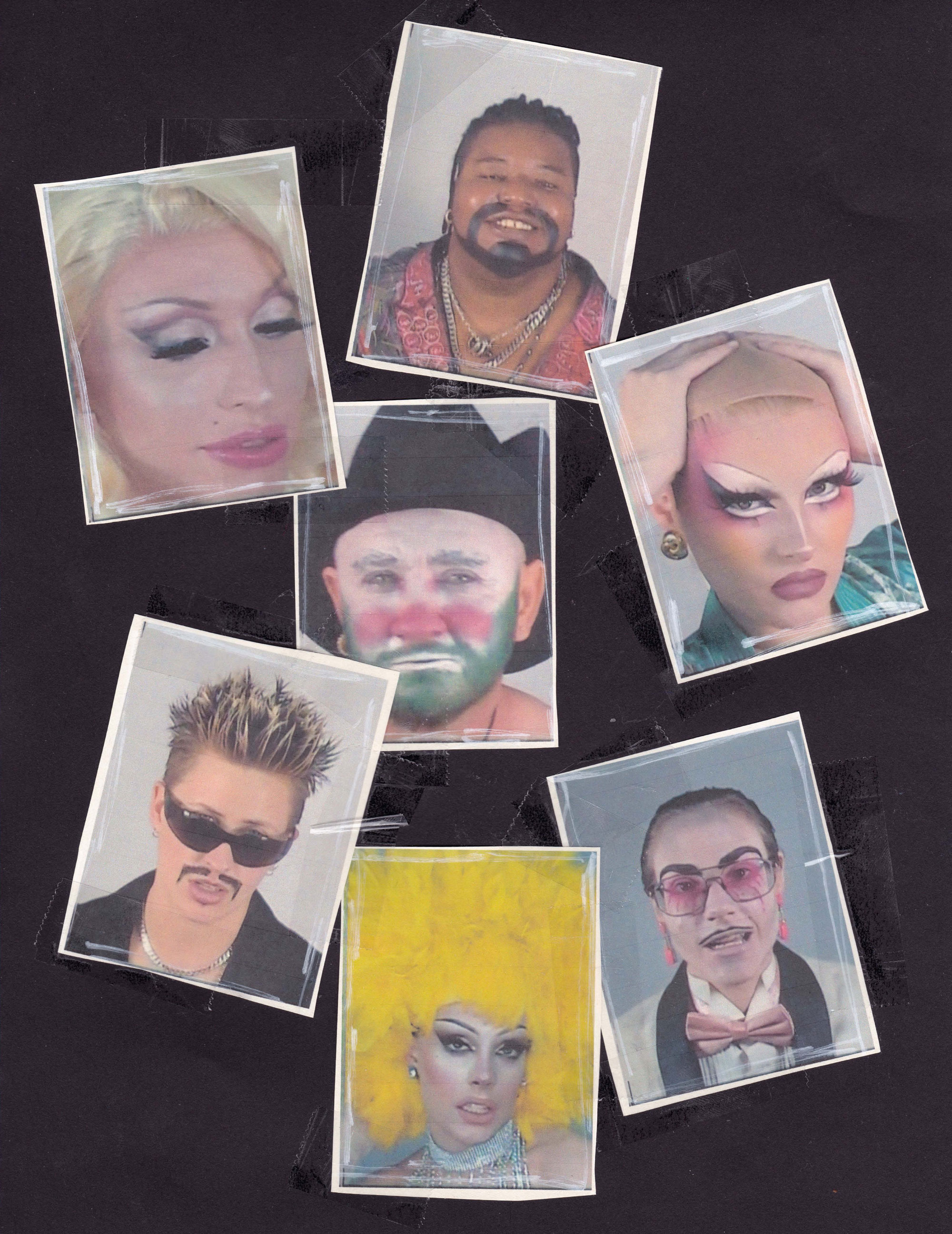
Art Direction Millie Sykes Photography Jamie Heath Featuring Ebony Hickey/Koko Ma$$, Megan Holloway/Craig, Oliver Levi-Malouf/Etcetera Etcetera, Ingrid Dieckmann/Ripper Gently, Beau James, Geordie McCormack/Space Horse, Chloe London

Craig Slist
How important has community been in helping shape your drag identity ?
Community is everything and I wouldn’t be where I am without it! The moment I vaguely mentioned I wanted to do some drag people were like “cool I’m curating this event or this party, get up and go for it!” I was being offered gigs by people who hadn’t even seen my work yet but were just genuinely excited and eager to give me a go. The only thing stopping me from performing was myself and needing to work up the confidence to do it. There’s a lot of love in the queer community. People turn up, offer support and make space for people to succeed and be the best versions of themselves. And that is so so special.
How would you describe your drag character?
Craig Slist is a potent macho subverto stud cutting through the glitz and glamour and ready to flail round in the filth. He’s an honouring of the dirty, disheveled leather dykes and daddy’s who have come before and who greatly inspire me to keep the fire burning.
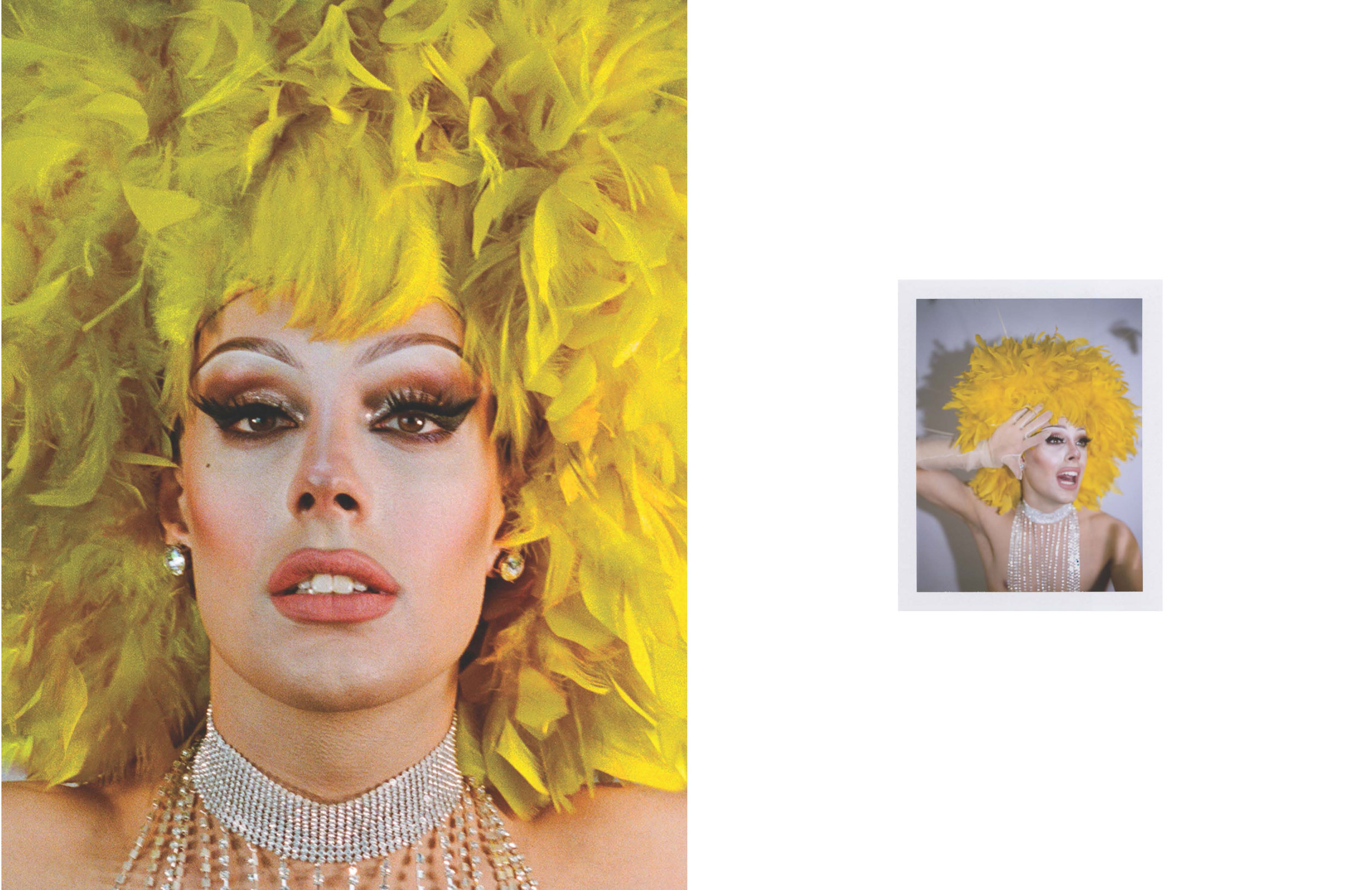
Etcetera Etcetera
When and why did you first begin to experiment with drag?
When I wasn’t old enough to get into nightclubs! I was 17 and fooling around with cheap makeup in my room - trying to create an illusion... trying to serve THE look I wanted to be ANYONE but myself.
How would you describe your drag character?
A bug and a woman and the line doesn’t blur it sharply intersects. I’m absurd and I’m intense! Easy on the eye but with a sharp edge!
What message do you want to send to people through your drag?
Trans rights are human rights! Period!
How important has community been in helping shape your drag identity ?
I wouldn’t be where I am without my community. Everything else could go away, but if I had my family I would be okay.
Do you feel any form of prejudice from within the wider LGBTIQA+ community when people find out you participate in drag?
Absolutely! Some cis gay man hate trans women and AFAB people! The misogyny reeks off their insecure bodies. Let anyone do drag and let them do it how they want. It’s disgusting to see gate keeping in an art form that’s designed to liberate.
Do you think Drag is a form of protest?
Let me go out onto the street and see how many people look at me - do you think I’m going to ignore the power this art form gives me? No! I’m going to scream from the rooftops!
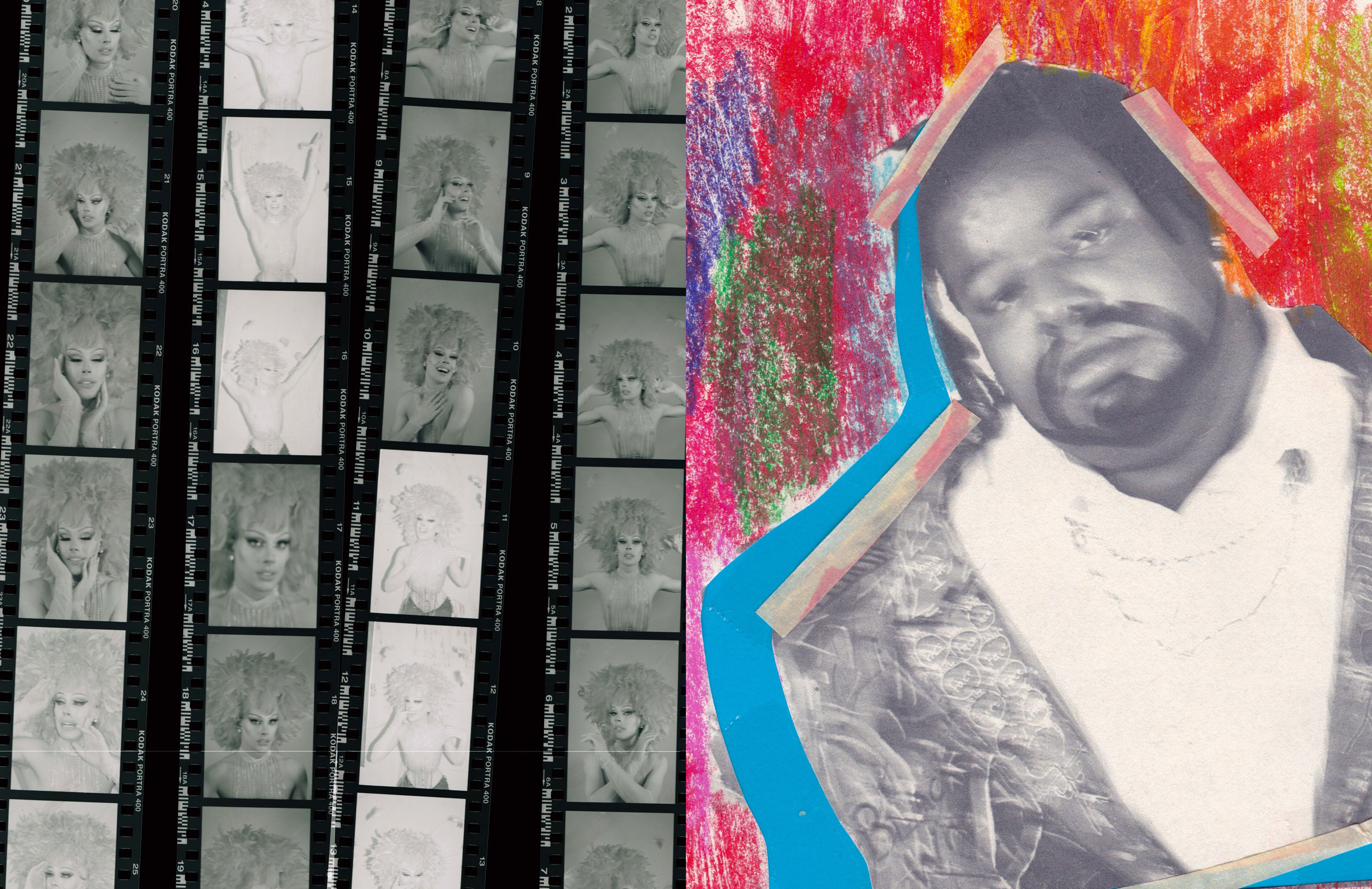
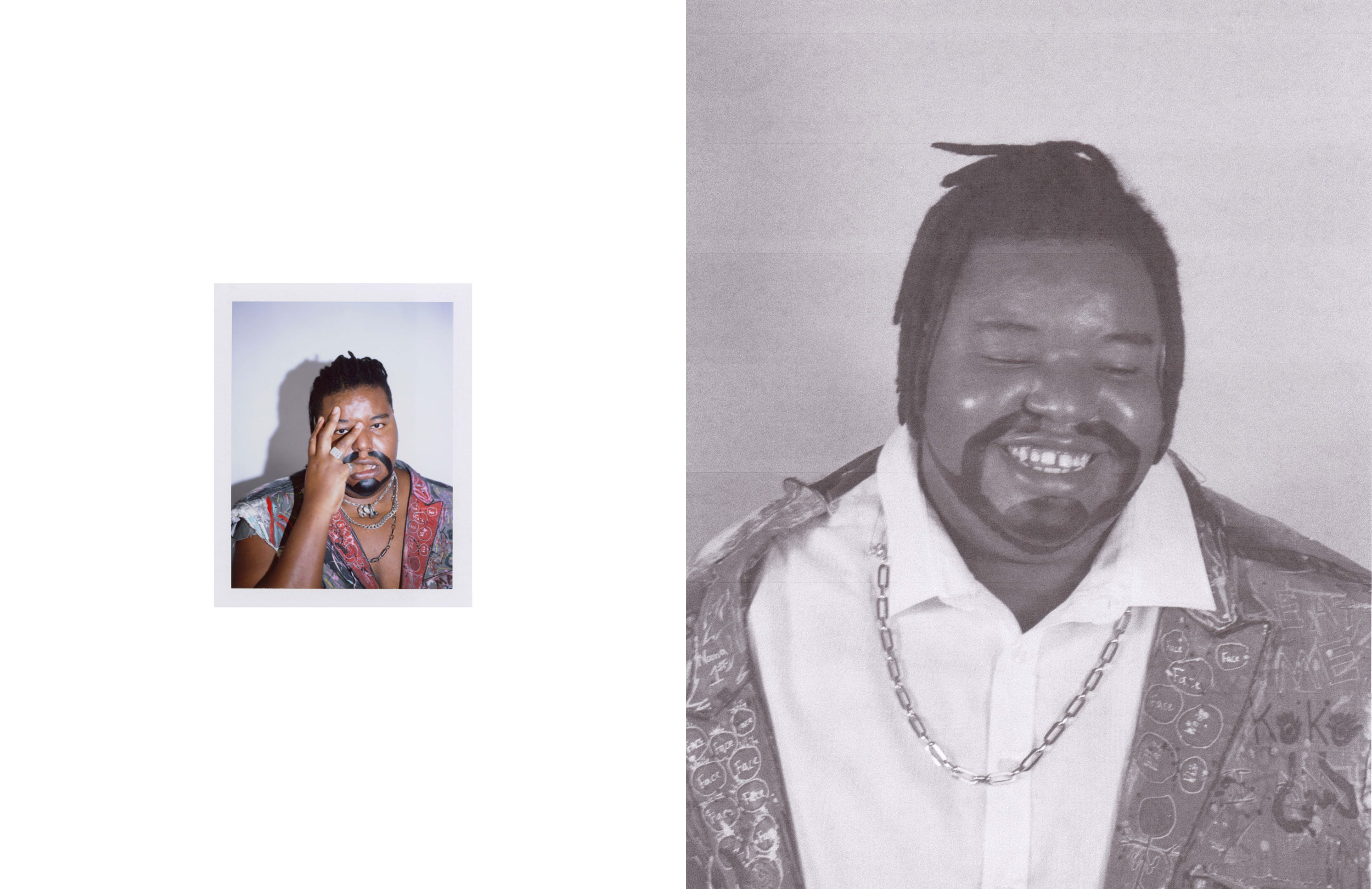
Koko Ma$$/Ebony Hickey
When and why did you first begin to experiment with drag?
Koko started drag In the early 2000s at Drag Kings Victoria run by the wonderful Bumpy. Drag is apart of me now and being Koko has helped me to develop and grow as as person and as a performer.
How would you describe your drag character?
Koko is a bad mother fucker that will slap the shit out of you, but has a soft spot for grandmas and babies. Koko loves to perform songs with soul and has a lot of fun on stage.
What message do you want to send to people through your drag?
Koko wants everyone to be happy in their own skin and to never forget to have fun!
How important has community been in helping shape your drag identity ?
Koko has been blessed to be surrounded by some of this countries most diverse and hard working drag kings. So much of Koko’s strength comes from this sense of community, especially the solid foundations of Drag Kings Victoria and the leadership of Bumpy who allowed us all to be experimental, Bumpy was always accepting and encouraging of us young performers.
Do you feel any form of prejudice from within the wider LGBTIQA+ community when people find out you participate in drag?
Koko is a badass that doesn’t give a shit what anyone thinks ‘Suck my dick’. But Ebony always has to deal with different types of prejudice in her life, especially as a queer black woman and it’s always harder for performers who don’t fit the more acceptable models of drag, but that doesn’t stop Koko!
Do you think Drag is a form of protest?
Drag is an art form and like any creative expression there is an element of protest and political awareness that is inherent. Koko has always spoken up and been honest about issues they face in society by challenging perceptions head on whilst also having fun with their audience.
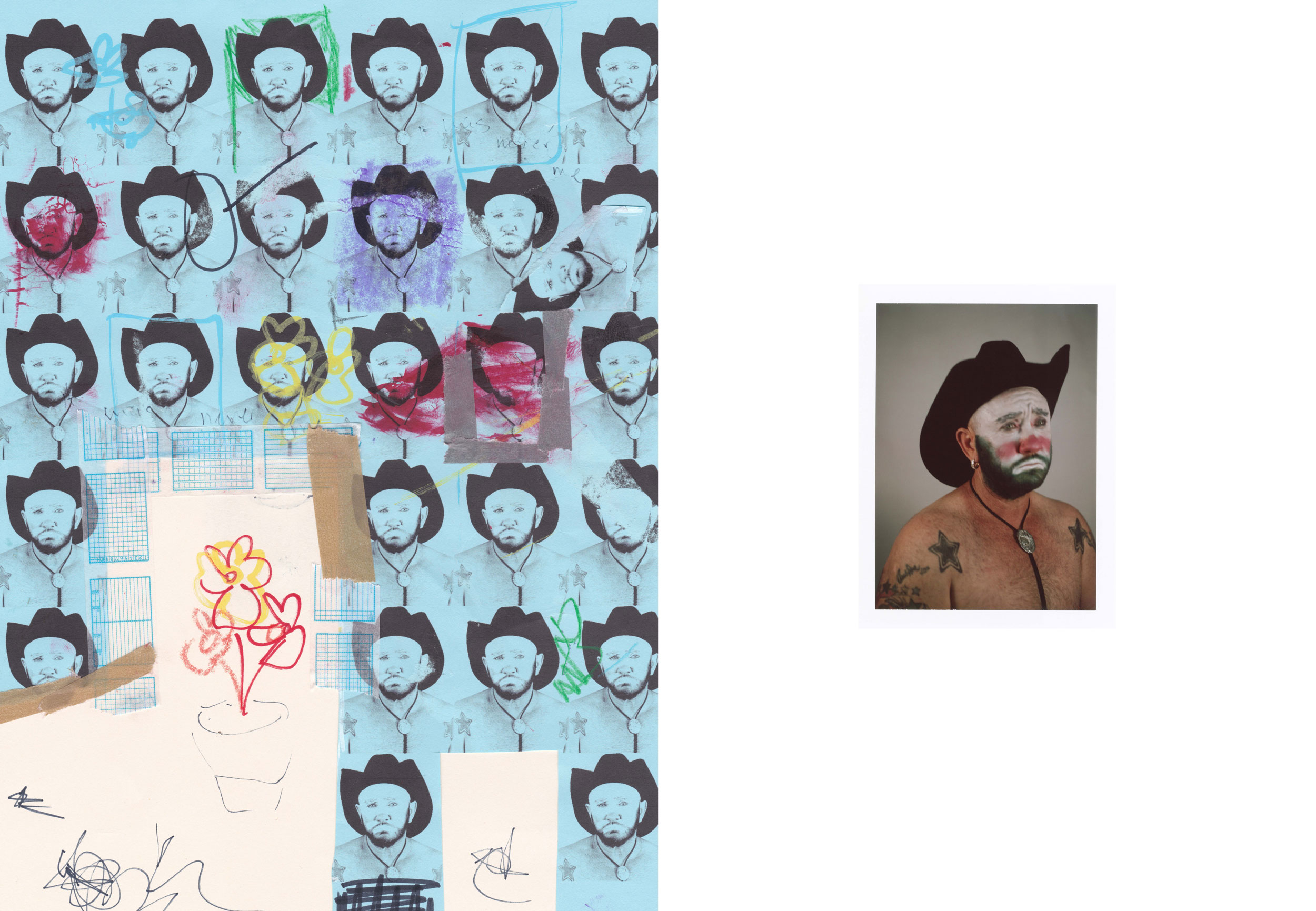
Beau James
When and why did you first begin to experiment with drag?
If we look at drag as the concept of dressing in clothes that are against society’s perceived gender of you, then I probably started dressing in drag from the age of 3 and never stopped. If we look at drag through not just dress but performance it was probably around the age of 9 that I would dress like Rick Springfield and mime (very well I might add) , to the song I Wish I Jessy’s Girl with my guitar I got for Christmas that I could never play. To me it wasn’t drag at that time but rather an expression of my self and a space to be who I really felt I was. It was done in the privacy of my room, my own comfortable space were know one could judge me and I could be free to feel comfortable in my own body and my own experience without the pressure of society’s norms.
How would you describe your drag character?
Mainly my drag characters have been masculine and personify male gender stereotypes. I do not mime to music but use clowning, physical theatre, comedy and circus. My characters have been many with my main drag character being a male stripper who does a cowboy whip crack act. I have though been known on the very rare occasion to dress in female drag, but that’s a very special occurrence.
What message do you want to send to people through your drag?
I like to think through my drag I address, disrupt or draw attention to male privilege and status in society and use comedy to unpack these issues.
How important has community been in helping shape your drag identity ?
LGBTIQA+ community have helped shape identity by providing spaces to allow me to perform in, spaces that have mostly been accepting of playing with gender and pushing against the norm.
Do you feel any form of prejudice from within the wider LGBTIQA+ community when people find out you participate in drag?
No not at all doing male drag as not many people perform male drag I think people find it refreshing.
Do you think Drag is a form of protest?
ts defo a form of self expression which people can perceive as protest if it goes against society’s norms. For me personally it’s a protest against male privilege and male social status in the world.


Chloe London
When and why did you first begin to experiment with drag?
I started experimenting with “drag” basically as soon as I could. After playing female roles as much as possible during school plays & extra curricular theatrical activities all through my late teens, I started to play with makeup, gender presentation and performance as soon as I left my hometown (2016) but according to my mum I used to dress up in high femme costumes, pieces of fabric wrapped around my body with jewellery and “hair” (also just pieces of fabric), and spin around in the paddocks our the back as early as age 5. I started working professionally in the drag industry around 2018 but pinpointing when this journey began is really tricky I guess.
How would you describe your drag character?
My drag character has always been a glamourous, mysterious and mythical “girl from the moon”. The whole backstory behind my ongoing body of work as an artist has always been an ongoing search for acceptance, belonging, and that extra-terrestrial, metaphysical thing we all search for, be it love, understanding, connection or spirituality, embodied in the mythology of “The Moon”. My drag character draws in the Divine Feminine and women of mythology and history, and my work as a drag artist is deeply rooted in my own experiences as a transgender woman.
What message do you want to send to people through your drag?
As mentioned earlier, I want to explore they quest for selfhood, belonging, and “what’s missing” that is an intrinsic and universal human experience, especially to queer and trans people. Through my work with Going Zodiac & Honcho Disko (both monthly queer events based in Sydney) alongside other events I have a hand in curating, I always intend to create spaces that are deeply creative, inclusive, special and sacred for queer people.
How important has community been in helping shape your drag identity ?
Community has been absolutely pivotal in shaping not only my drag identity but the ethos from which I produce artistic bodies of work, events & other media. Having existed in the drag community as Both a “cis man” (in quotation marks because I never truly aligned with that identity) and now an emerging transgender woman, I have experienced and understood a level of privilege/opportunity and then a lot of discrimination/prejudice since coming out and living openly as a trans woman. Because of this I feel like I have this acute understanding the way that privelage and oppression exists is complex & intersectional, and this firsthand experience has definitely pushed me to work harder and harder to platform, uplift & support artists who do experience intersectional oppression as quite frankly the majority of major queer events curators still fall short in this regard, and it’s something I feel this new generation of queer artists are committed to shifting.
Do you feel any form of prejudice from within the wider LGBTIQA+ community when people find out you participate in drag?
The prejudice I experience is mainly associated with being a woman, and acutely being a transgender woman, who works and exists, and pushes for political discourse within arguably male dominated spaces. The prejudice I experience mainly comes from a space of misunderstanding I think, and from me & all my sisters doing our best to knock down doors that have previously been locked to us.
Do you think Drag is a form of protest?
Absolutely. For me, drag is deeply personal and political. Every day spent living openly as a trans person is the same. Drag is a form of expression and activism for me, as it can be for a lot of queer artists, and I think for me drag will always be a political and social platform through which we can continue to push forward and engage in dialogue about social issues pertaining to marginalised queer bodies.

Ripper Gently
When and why did you first begin to experiment with drag?
There are photos of me dressing up as male characters from when I was about five or six years old, so I guess from around then? It was either that, or inhuman monster creatures. I went to a "single sex" school and was a drama nerd so playing roles that were nominally men and dressing, moving etc as such was very normalised and acceptable. It was only permitted in the context of performance though.
How would you describe your drag character?
Desperate, horny, afraid. Kind of a lounge lizard.
What message do you want to send to people through your drag?
I don't see my drag as having much of a message, beyond what is personal to me. I've found the shows I'm least happy with have been the ones that I began trying to articulate a specific point, because I tend to overthink them and I end up with an awkward polemic that I'm afraid of getting wrong or being taken the wrong way rather than a performance I can feel and move through. Sometimes there's a broad political theme but it's usually pretty abstract and something that develops through the piece subconsciously.
How important has community been in helping shape your drag identity ?
I don't know if it's influenced my drag identity, as such, because Ripper Gently kind of emerged fully formed and has since been refined but never really changed. Community has definitely helped me in terms of understanding more about appropriation and the history of drag, the importance of not viewing yourself in isolation but as part of a subcultural world. It's also generally been people within the community who book me, since my drag isn't the most polished or necessarily marketable.
Do you feel any form of prejudice from within the wider LGBTIQA+ community when people find out you participate in drag?
Definitely. I find myself constantly compared/contrasted to the single drag king they know whether it's an appropriate comparison or not (eg Dorian Electra or Landon Cider- not that they aren't fantastic artists). As a drag performer in general, not particularly.
Do you think Drag is a form of protest?
In the sense that it is still a pretty inherently political act, sure. It's a pretty big tent though, and only getting bigger as drag infiltrates the public consciousness. I guess for me it depends hugely on the context and the artist (sorry that's vague as fuck haha)
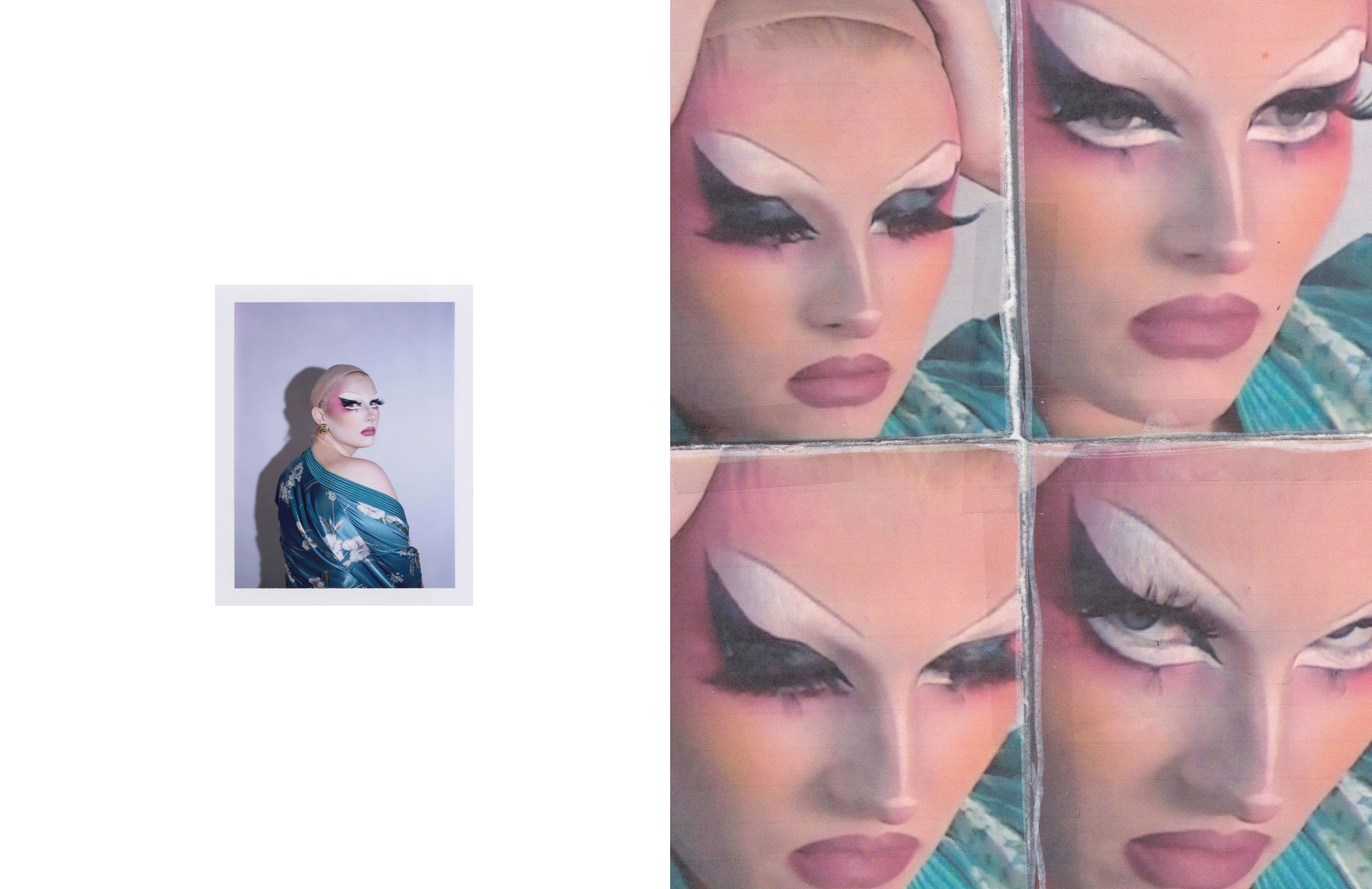

MORE BOY! INCOGITO ISSUE 02 COMING SOON
© BOY! Incognito 2020